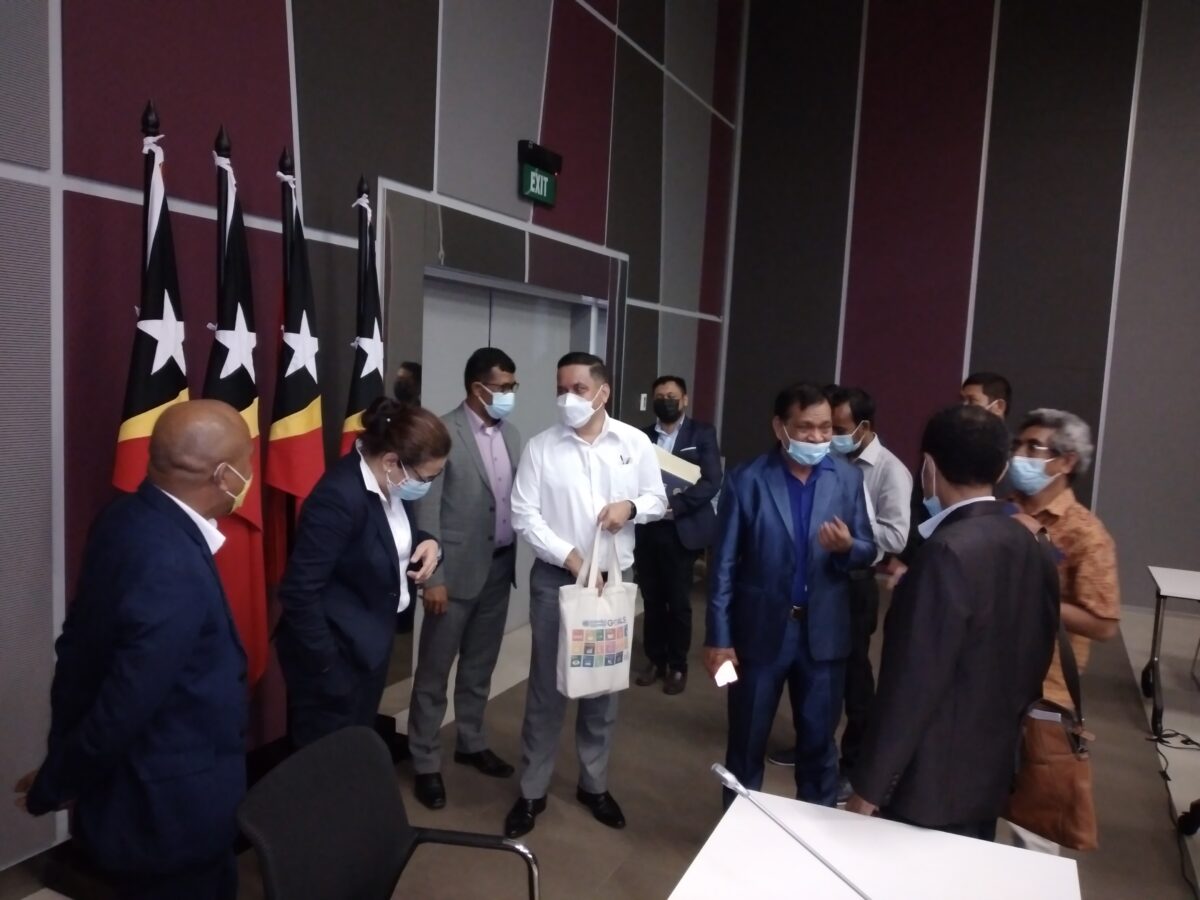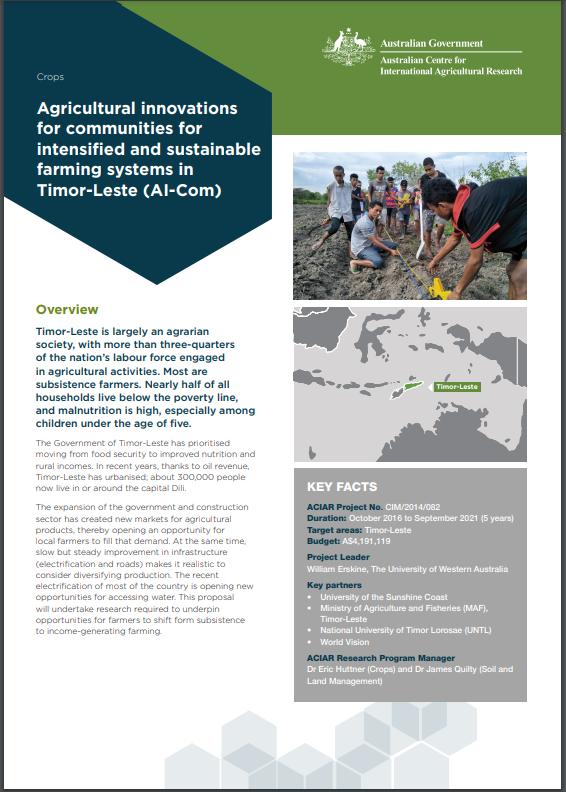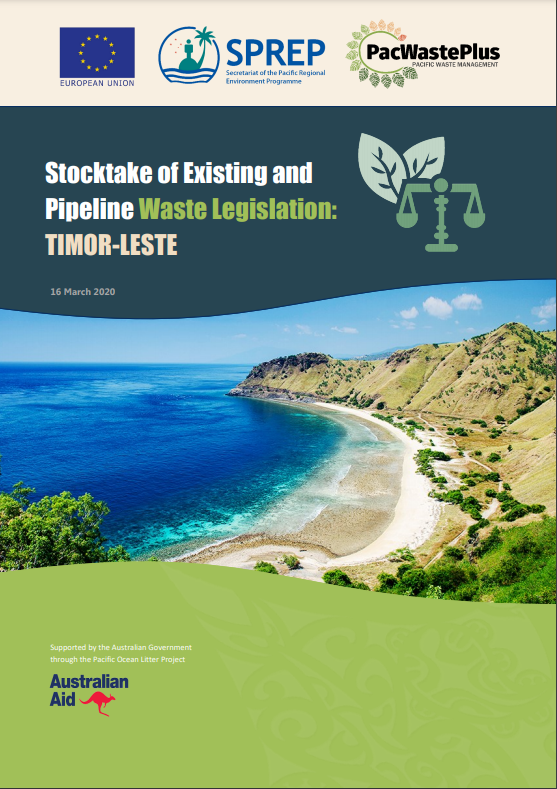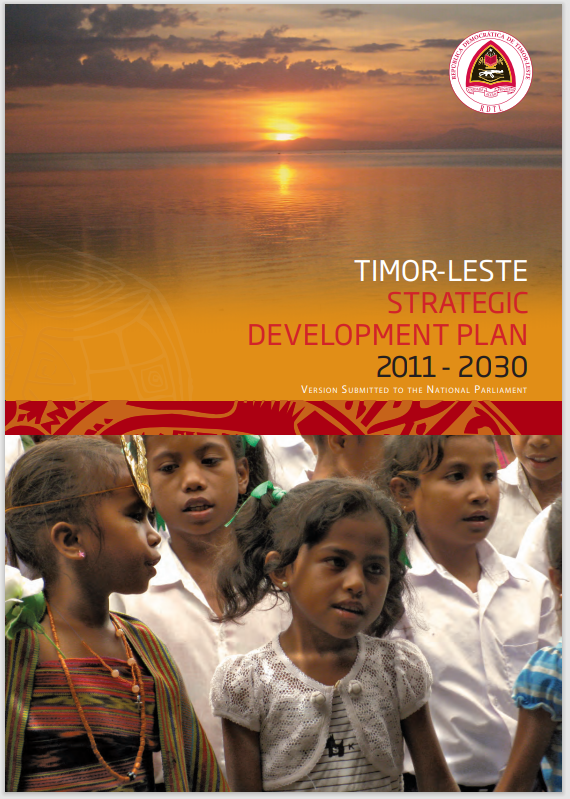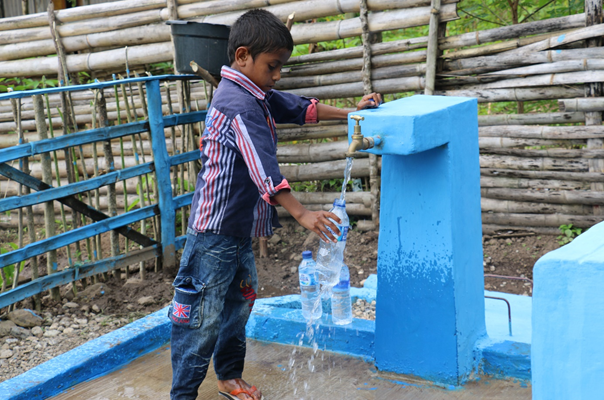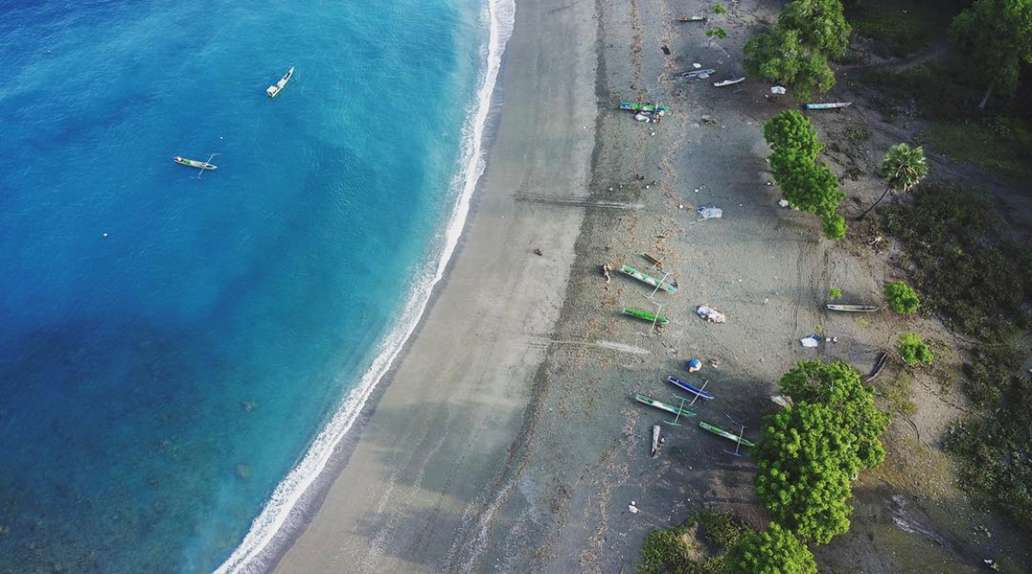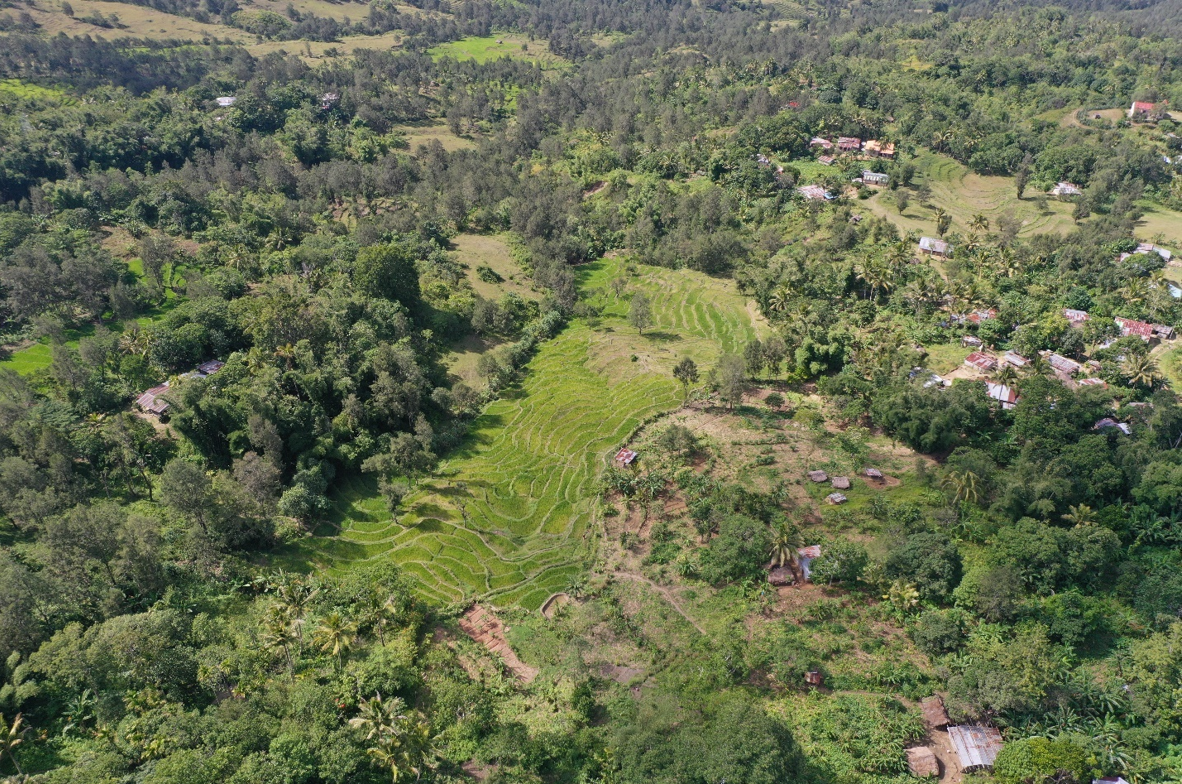The Project Preparation & Implementation Programme for Timor-Leste (PPIP), was officially launched the 10 of June (Dili, 10 of June 2021) with the kick-off-meeting between the representatives of the Ministry of Planning and Territory, Ministry of State Administration, Ministry of Finance, the European Investment Bank, the EU-Delegation Timor-Leste, and COWI A/S the project consultant.
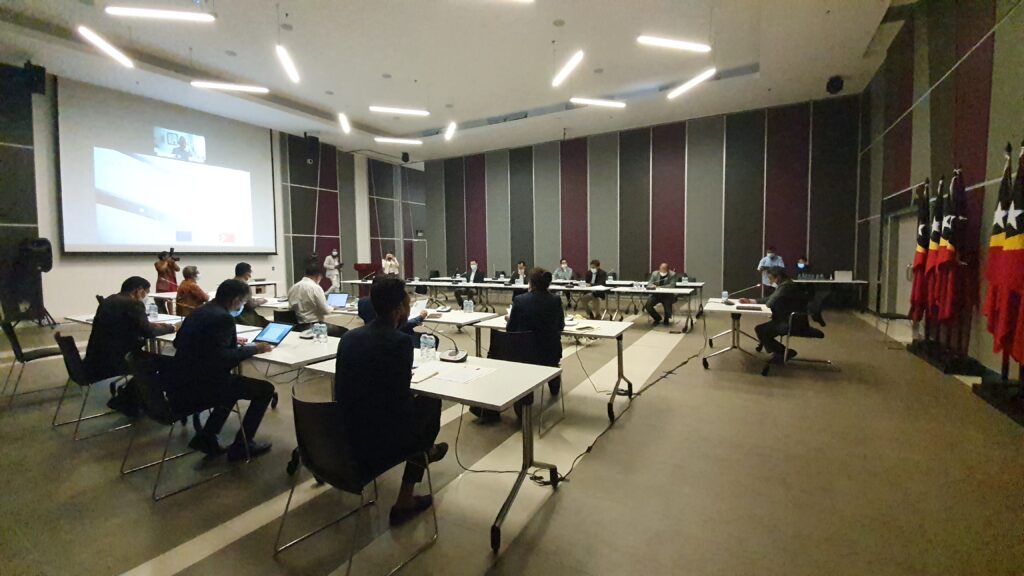
H.E. Mr José Maria dos Reis, Vice Prime Minister and Minister of Ministry of Planning and Territory, says: “This event [is] the starting point for the preparation towards the implementation of project preparation and implementation”.
“Strategic decisions need to be taken that will influence the rest of the project, I am pleased to be part of this meeting and pleased to hear the encouraging words from H.E. the Vice-Prime Minister ” adds Mr Edvardas Bumsteinas, head of division at the European Investment Bank.
The PPIP, co-financed by the Investment Facility (under the ACP-EU Partnership Agreement and the Overseas Association Decision) and the Investment Facility for the Pacific (IFP), aims to support the identification, preparation, and implementation of technically, financially, economically, environmentally and socially sound investment projects in three sectors, namely:
Water supply, sanitation and drainage, including extraction, production and distribution of clean water, collection and treatment of wastewater. As far as possible these projects will be developed to include a renewable energy component. In addition, storm water systems and related flood protection will be considered.
Solid waste management, including collection of recyclable materials, bio-waste and residual waste, sorting, refinement and recycling or recovery of plastics and other materials, composting or anaerobic digestion of bio-waste, sanitary landfill disposal of residual waste. In preparing these projects particular attention will be given to the Clean Oceans Initiative of EIB, AFD and KfW. As for water and sanitation sector, renewable energy components will be included where feasible.
Forestry: sustainable forest management related investments such as: afforestation; reforestation; forest rehabilitation, protection, management and control, certification, biodiversity, conservation, and management of protected areas. Such investments are crucial both to enhance resilience to climate variability and change and to contribute to more broad-based and sustainable economic development of Timor-Leste.
The COWI project director, Michael Jacobsen, says: “The projects will be identified in accordance with current priorities and supporting and extending existing donor programmes as appropriate. The investment projects will be developed to a standard appropriate for financing by the EIB”
Ms Dulce Gusmao, programme officer of the EU Delegation in Dili, said “We are very pleased to see projects identified within the sectors mentioned in our financing agreement, so we hope that this assistance can use this opportunity to develop good projects for the benefit of our country.” More information on the project will be posted on this website as the project goes on.


